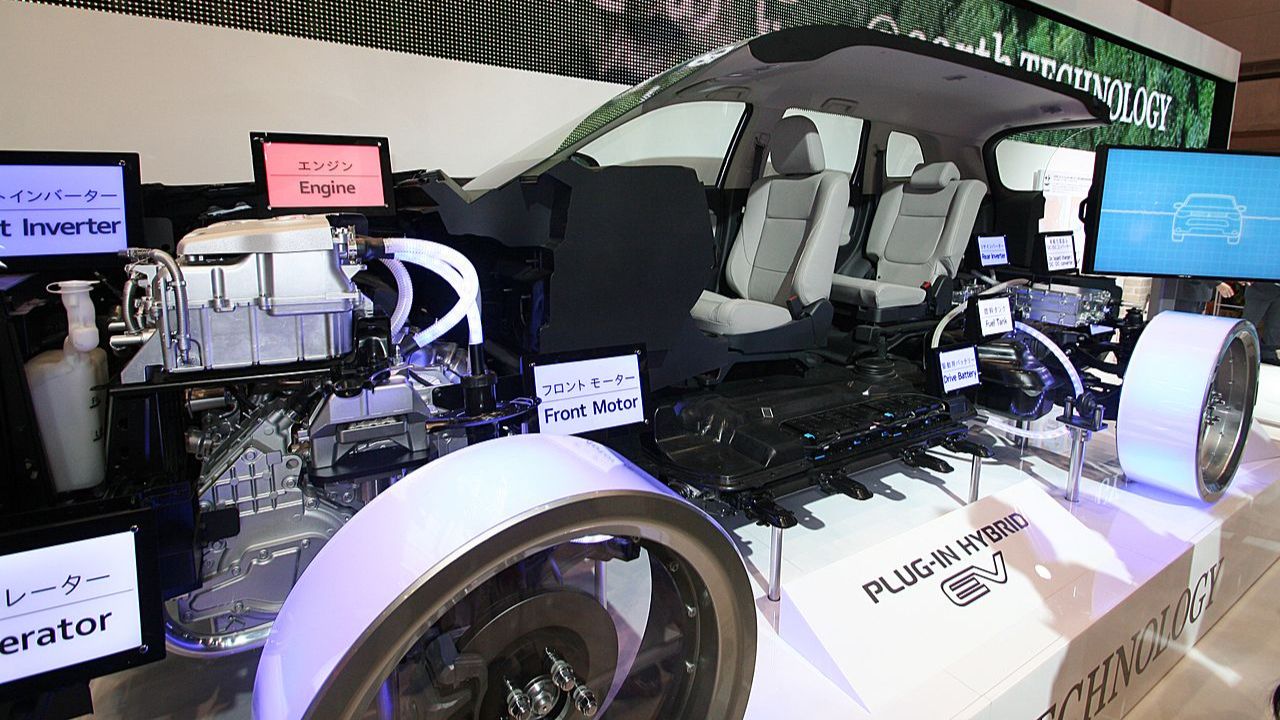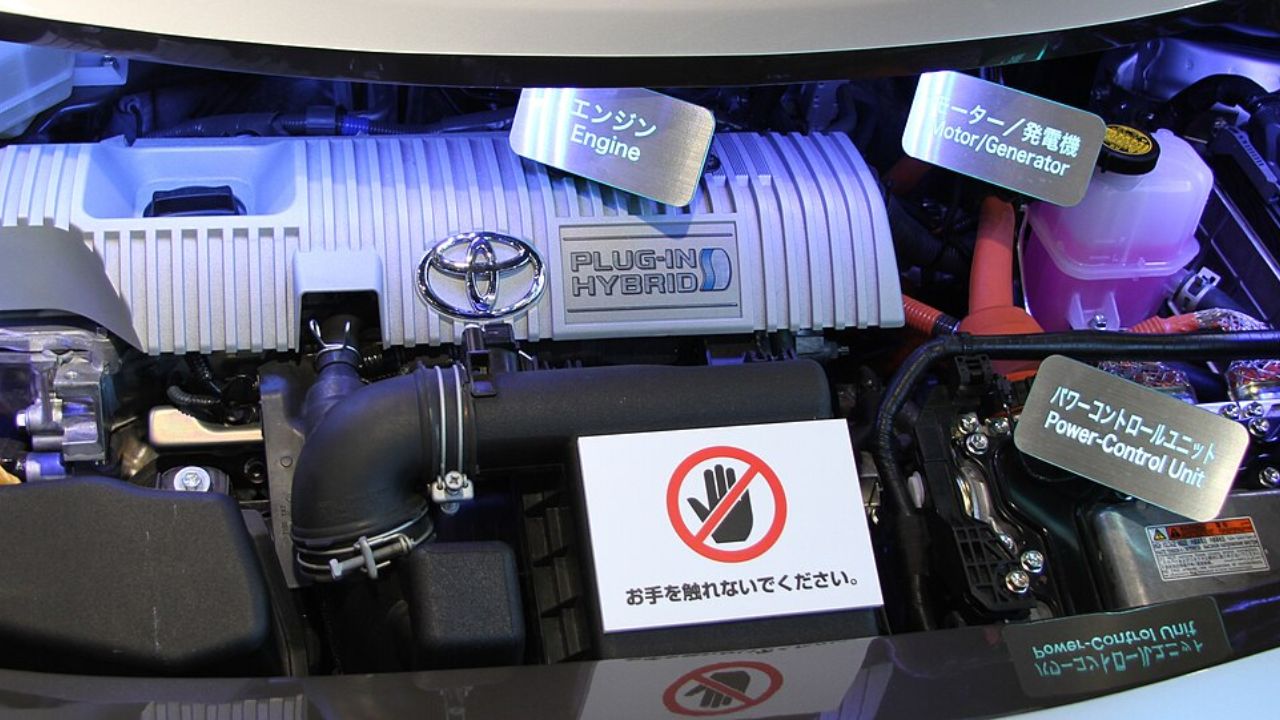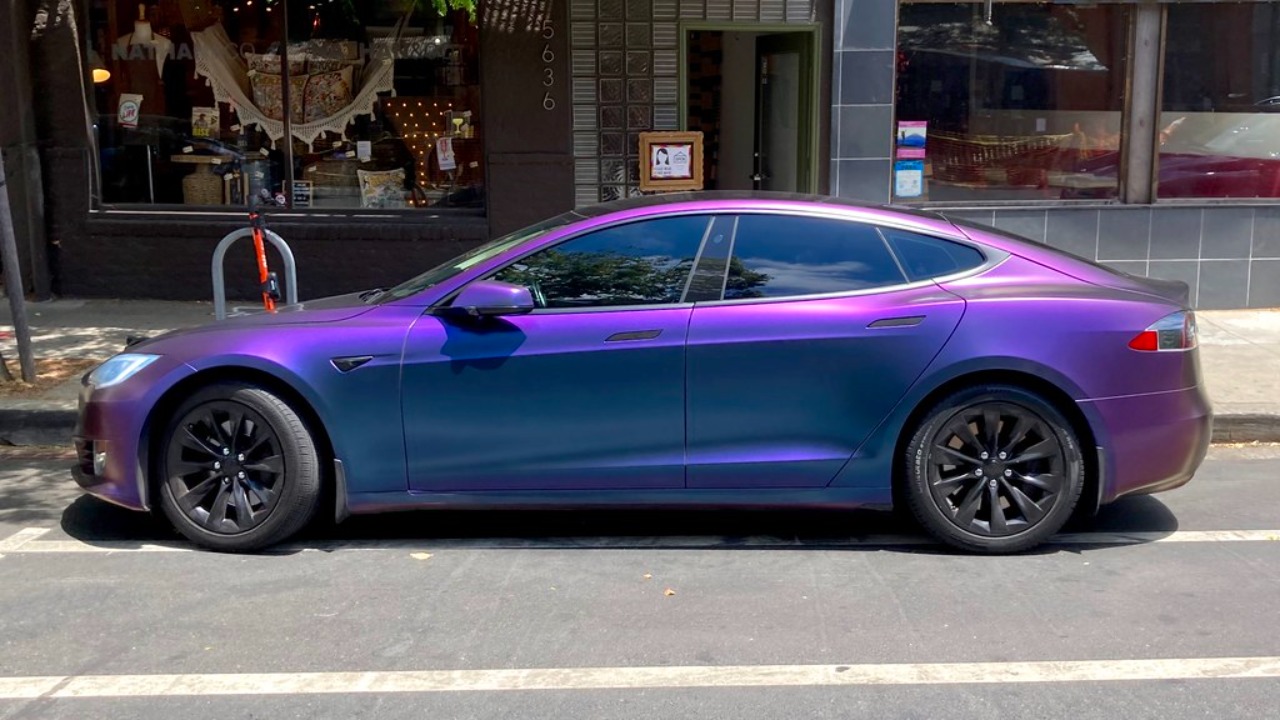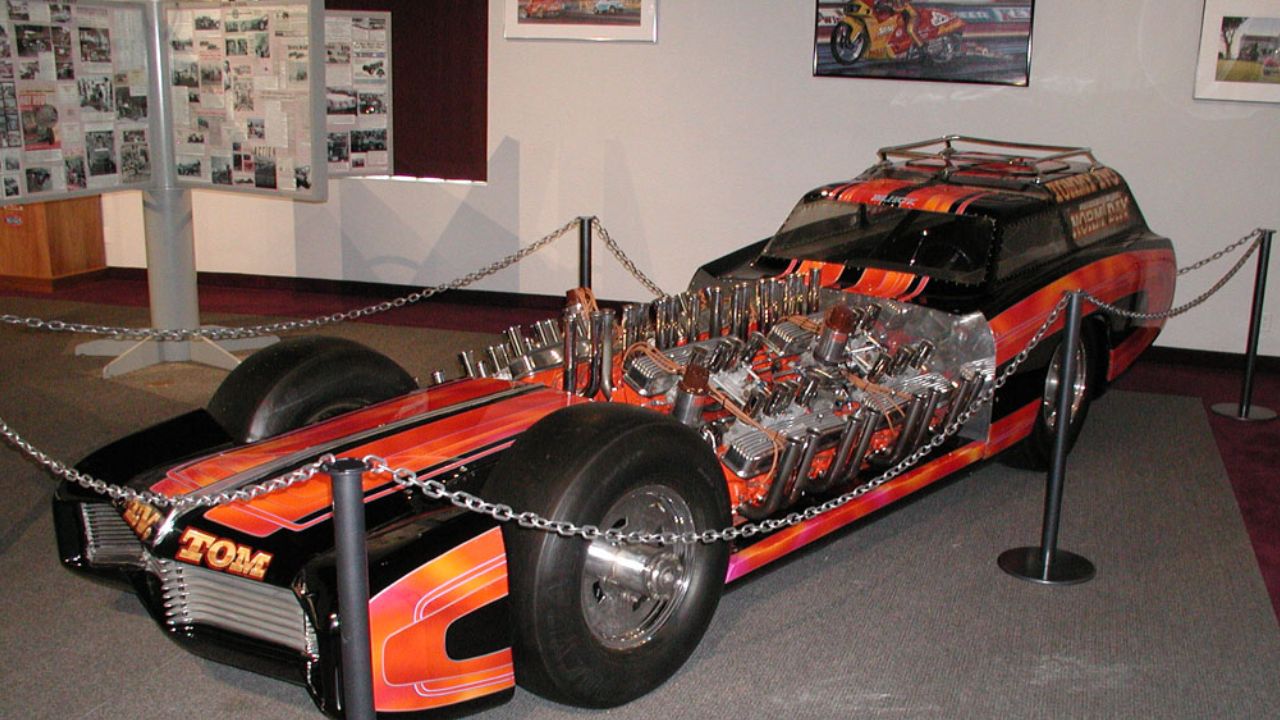The automotive industry has seen a significant shift towards hybrid vehicles, blending traditional combustion engines with electric power. As consumers become increasingly interested in sustainability and efficiency, the reliability of these hybrids versus conventional gas-powered vehicles has come under scrutiny. By examining components, maintenance, and real-world performance, I aim to shed light on how hybrid cars stack up against their gas counterparts.
Understanding Hybrid Vehicles
Hybrid vehicles can be classified into three main types: full hybrids, plug-in hybrids, and mild hybrids. Full hybrids, like the Toyota Prius, can operate on electric power alone or in conjunction with a gasoline engine. Plug-in hybrids, such as the Chevrolet Volt, offer larger batteries that can be recharged from an external power source, allowing for extended electric-only driving. Mild hybrids, like the Honda Insight, utilize an electric motor to assist the gasoline engine but cannot drive solely on electric power.
The hybrid system typically involves a combination of a combustion engine and an electric motor, which work in tandem to optimize fuel efficiency. When the vehicle accelerates, the electric motor provides extra power, reducing the load on the gasoline engine. Additionally, hybrids utilize regenerative braking to recharge the battery, capturing energy that would otherwise be lost during braking. This synergy between electric and gas power not only enhances fuel economy but also contributes to reduced emissions, making hybrids an attractive option for eco-conscious consumers.
Reliability of Hybrid Components
Key components of hybrid vehicles include the battery, electric motor, and regenerative braking system. The battery, often a lithium-ion type, is crucial for a hybrid’s performance and longevity. While conventional vehicles rely solely on their internal combustion engines, hybrids must balance the wear and tear on both the engine and the battery. Manufacturers such as Toyota and Honda have established reputations for producing reliable hybrid components, with the Toyota Prius battery frequently lasting over 200,000 miles with proper care.
When comparing the durability of hybrid components to those of conventional vehicles, it’s essential to consider the advancements in technology. Many hybrid components, particularly the electric motor and regenerative braking systems, are designed to withstand higher levels of stress due to their unique operational requirements. Furthermore, manufacturers often provide longer warranties for hybrid components; for example, Toyota offers an 8-year/100,000-mile warranty on hybrid batteries, showcasing their confidence in the reliability of these parts.
Maintenance Considerations
Routine maintenance for hybrid vehicles differs significantly from that of conventional gas cars. While oil changes remain a standard requirement for both types, hybrids may require additional checks for their batteries and electric systems. For instance, hybrid brake systems often last longer due to regenerative braking, reducing the frequency of brake pad replacements. However, battery checks are essential for ensuring optimal performance and longevity.

In terms of costs, maintenance can vary. While initial maintenance costs for hybrids may be higher due to specialized parts and services, many owners find that the longevity of hybrid components often offsets these costs. According to AAA, the average annual maintenance cost for hybrid vehicles is about $400, which can be lower than the $500 spent on conventional gas cars, especially when considering potential savings on fuel.
Real-World Performance and Longevity
When discussing the longevity of hybrid vehicles compared to gas cars, several factors come into play, including mileage and lifespan. Many hybrids, like the Toyota Camry Hybrid, have been reported to last well over 300,000 miles with routine maintenance. In contrast, conventional gas vehicles may start showing significant wear after 200,000 miles. This difference can be attributed to the less strenuous demands placed on the internal combustion engine due to the hybrid’s dual power source.
Real-world reliability statistics also highlight the advantages of hybrid vehicles. Studies have shown that hybrids tend to have lower breakdown rates compared to conventional cars. For instance, a report from Consumer Reports indicated that the Toyota Prius has consistently ranked among the most reliable vehicles, with fewer reported repairs than many gas-powered models. User experiences generally echo these findings, with many hybrid owners expressing satisfaction with their vehicle’s reliability over time.
Environmental Impact and Future Trends
When comparing emissions between hybrid and conventional vehicles, hybrids generally emit fewer greenhouse gases. A study by the EPA found that the average hybrid emits about 35% less CO2 than a typical gasoline car, significantly contributing to efforts in reducing carbon footprints. This lower emissions profile makes hybrids a compelling choice for those looking to lessen their environmental impact while still enjoying the convenience of a personal vehicle.
The role of hybrids in sustainable transportation is becoming increasingly important as governments and consumers prioritize eco-friendly options. Future trends in hybrid technology are promising, with continuous advancements aimed at improving battery efficiency and reliability. For example, manufacturers are exploring solid-state batteries, which could further enhance the lifespan and performance of hybrid systems. As technology evolves, we can expect hybrids to become even more reliable and integral to the automotive landscape.
Like Fast Lane Only’s content? Be sure to follow us.
Here’s more from us:
*Created with AI assistance and editor review.






Leave a Reply